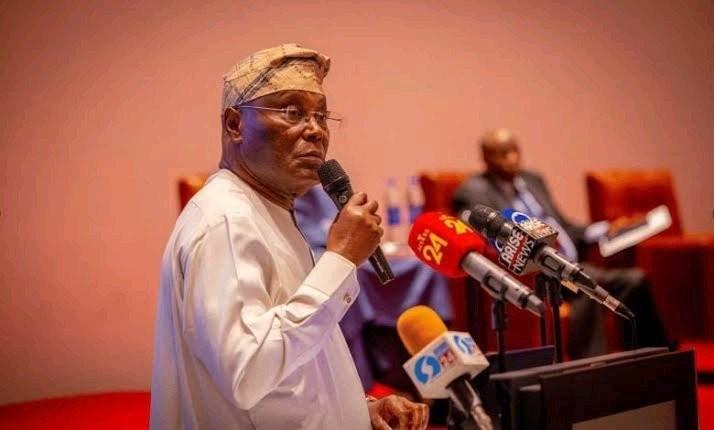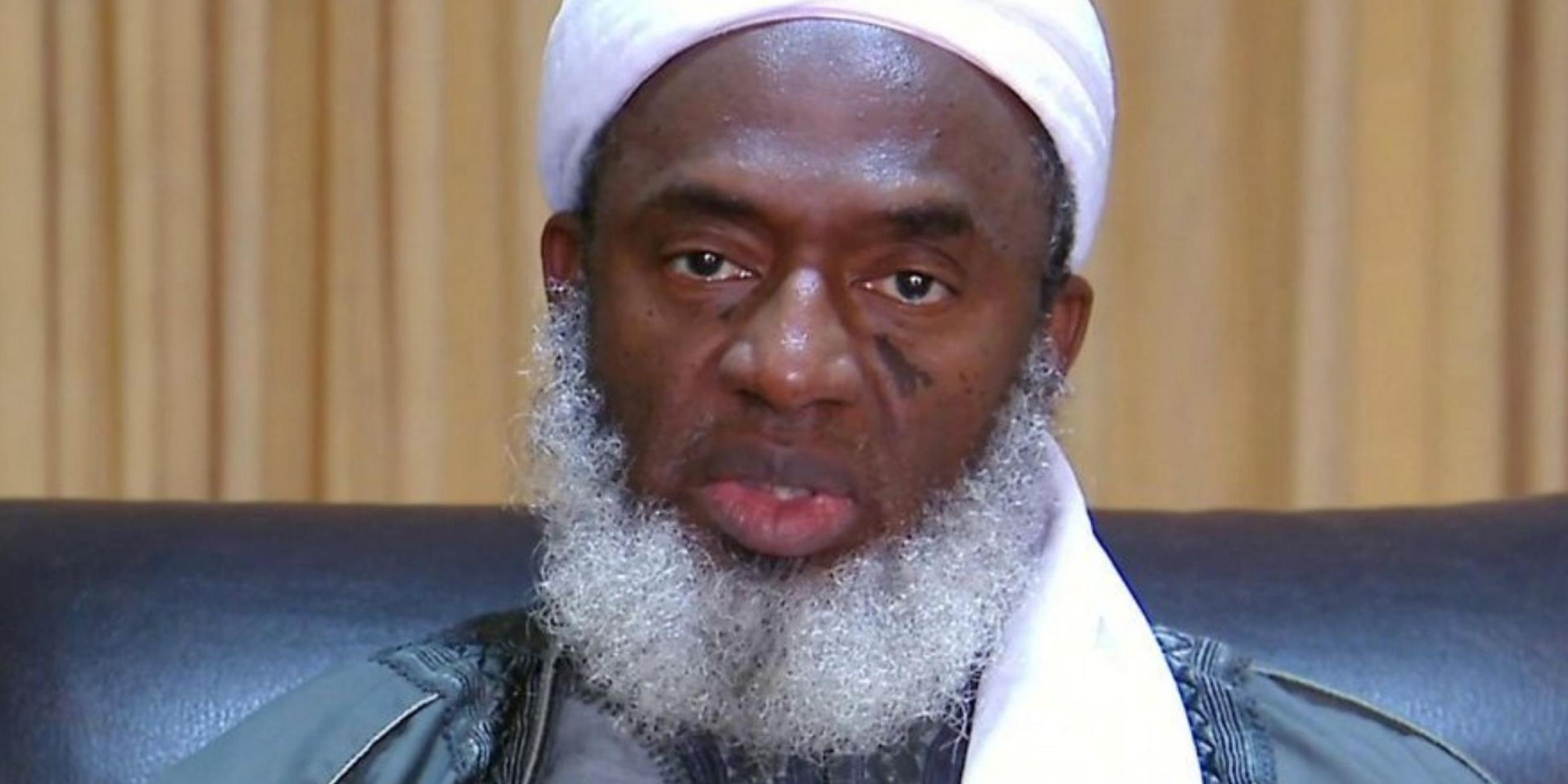Is Democracy Being Dismantled in Nigeria?

In recent years, Nigeria’s democratic system has faced mounting pressure—and many are beginning to ask a serious question: Is democracy being dismantled in Nigeria? From growing authoritarianism to suppression of dissent, flawed elections, and economic hardship, the pillars of Nigeria’s democratic experiment are shaking.
1. Weak Electoral Integrity
Elections are supposed to be the cornerstone of democracy. But in Nigeria, each election cycle seems to deepen the public’s distrust in the system. Allegations of vote-buying, voter intimidation, and rigging remain widespread. The 2023 general elections were marked by controversial results and legal battles, with many feeling their votes did not count. When citizens no longer believe in the electoral process, democracy suffers.
2. Suppression of Free Speech
There’s an alarming trend of journalists, activists, and even everyday citizens being harassed or arrested for speaking out. Online speech is increasingly monitored, and freedom of the press is under threat. Peaceful protests are often met with violent crackdowns—recalling the brutality witnessed during the #EndSARS movement. A democracy cannot thrive where freedom of expression is policed and punished.
3. Erosion of Judicial Independence
Democracy depends on a fair and impartial judiciary. But Nigeria's judicial system is increasingly viewed as compromised or politically influenced. When the courts are used to settle political scores or protect the powerful, justice becomes a tool of control rather than a safeguard of rights.
4. Overreach by Security Forces
Across the country, security forces are often deployed not just for national security—but to silence critics, disrupt protests, or intimidate opposition. The militarization of civil life threatens the democratic space and reinforces a dangerous pattern of authoritarian governance.
5. Rising Economic Hardship and Disenfranchisement
Democracy is not just about voting—it's also about governance that delivers for the people. Under the current administration, economic conditions have worsened significantly. Inflation is high, unemployment is rampant, and poverty deepens daily. Many Nigerians now feel politically abandoned and economically excluded, which fuels apathy and disillusionment with democracy itself.
6. Concentration of Power
A healthy democracy thrives on checks and balances. But in Nigeria, there are growing concerns about the concentration of power at the federal level, and the weakening of state and local institutions. When decisions are made without transparency or accountability, democratic institutions become tools for control rather than representation.
So, Is Democracy Being Dismantled?
Not officially. But piece by piece, the democratic space in Nigeria is shrinking. It’s not just about coups or dictatorship anymore—it’s about slow erosion. When citizens are afraid to speak, when votes don’t matter, when courts protect only the powerful, and when governance fails to serve the people, democracy begins to collapse from within.
What Can Be Done?
-
Strengthen civil society and grassroots movements
-
Demand electoral reform and accountability
-
Protect press freedom and digital rights
-
Educate and empower citizens to participate beyond voting
Democracy is not self-sustaining. If Nigerians don’t stand up for it, we may wake up one day to find it gone.








